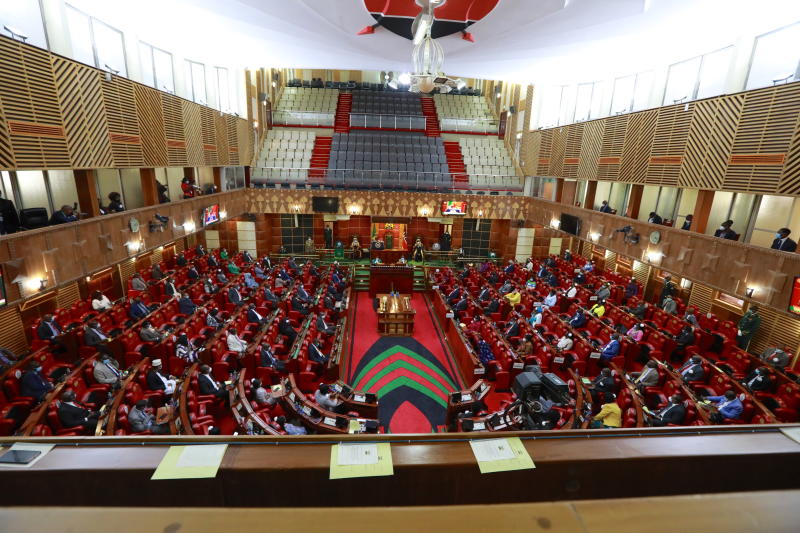A past joint parliamentary session in the Chambers, Parliament, Nairobi [David Njaaga, Standard]
×
The Standard e-Paper
Join Thousands Daily

A past joint parliamentary session in the Chambers, Parliament, Nairobi [David Njaaga, Standard]
Members of Parliament (MPs) are in the coming days expected to debate on the Finance Bill 2022. As they do so, they must realise that the lives of Kenyans, the people who voted them into office, are in their hands.